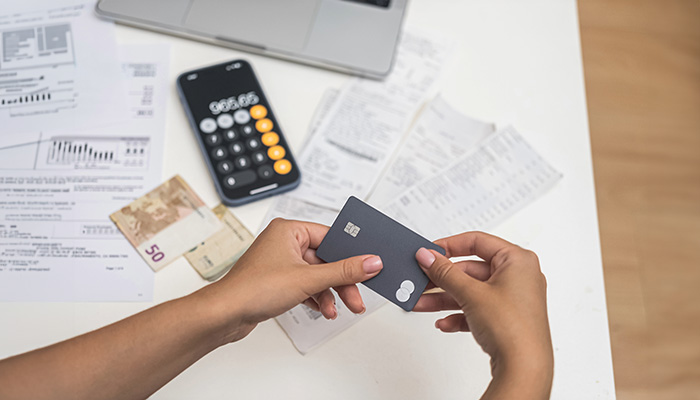
Most employees regularly receive a pay slip – also known as a salary slip – from their employer. This is often received monthly, although this is not mandatory. Usually we only look at what is below the line: the net wage to be spent that you receive on your account. In many cases, this amount is slightly higher in 2022 than on last year's pay slips, but in some cases it may also be lower. We explain why in this blog.
Not receiving our newsletter yet? Then sign up quickly.
Why is my net salary higher than in 2021?
The two main tax credits for employees are the 'general tax credit' and the 'employed person's tax credit'. Both have been increased for 2022. This means that less payroll tax will be deducted from your gross salary, so that the net salary will increase.
In most cases, your employer pays taxes and insurance premiums on your gross salary. What remains and is deposited into your bank account number is your net salary. In some situations you will receive a discount on this tax contribution: we call this tax credits. The amount of this is highly dependent on your income. On the website of the Tax Authorities you can see which general tax credit en employed person's tax credit applies to you.
Why is my net salary lower than in 2021?
In some cases, the increase in tax discounts is offset by the increase in pension and insurance premiums. For example, many pension providers have had to increase their premiums due to new legislation and regulations. This can ensure that your net salary in 2022 is lower than last year – despite the increased tax discounts.
In any case, this is all on your payslip
- Your name
- The name of your employer
- Your gross salary
- The period for which you receive the salary
- The total of the wages received from the first wage period of 2022
- The amounts that make up the gross salary, such as the basic salary, any allowances and (taxable) allowances
- The legal minimum wage that applies to you
- The number of hours you work
- Which premiums and contributions have been deducted from your salary (including for your pension), both from your gross salary and from your net salary (for example, for your health insurance)
- Your net salary
There may also be other terms on your salary slip. This differs per employer and depends on the employment conditions that apply to you. Consider, for example, the terms 'travel allowance' and 'tax addition for the use of a company car'.
Contribution PAWW
The premiums and contributions that are deducted from your wages are an important part of your pay slip. A fairly new contribution is the PAWW, which may be laid down in the collective labor agreement. This finances a private supplement to supplement any unemployment benefit or disability benefit from the UWV. This supplement can be provided for a maximum of 14 months and depends, among other things, on your employment history and age. Is the PAWW contribution on your pay slip? Then you may be entitled to this supplement. Here you will find more information about the PAWW.
Not periodically required
Did you know that your employer is not obliged to regularly send you a new pay slip? This only needs to be done at the start of employment for your first salary and if there is a change in your salary or the payroll tax due. You can of course always ask your employer.
Digital payslip
It is becoming increasingly common that a payslip is issued digitally. This does require your permission. Many employers use a digital portal where you can easily view and request your pay slip.
Keep your paychecks
It is important to keep all your pay slips, especially the last pay slip of the year or of the employment contract: this shows how much pay you have received in total. You may need this for your income tax return or to apply for an allowance or benefit.
More information
Do you have any questions about your payslip? Please do not hesitate to contact us. Our Service Center is available every working day from 8.00 a.m. to 18.00 p.m., via sc@unie.nl and 0345 851 963.
[print_link]



